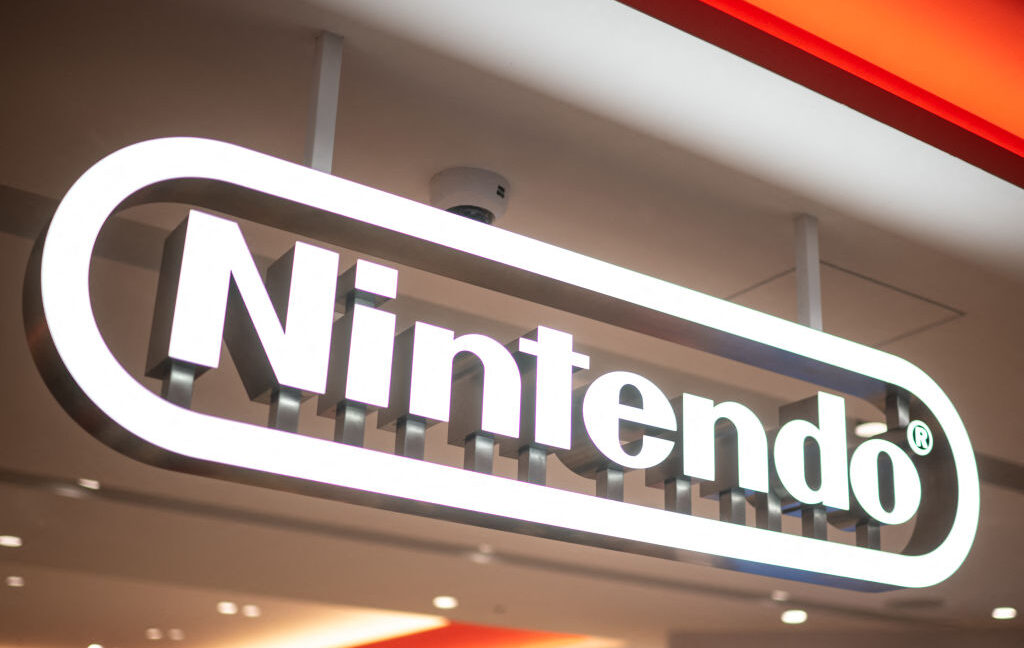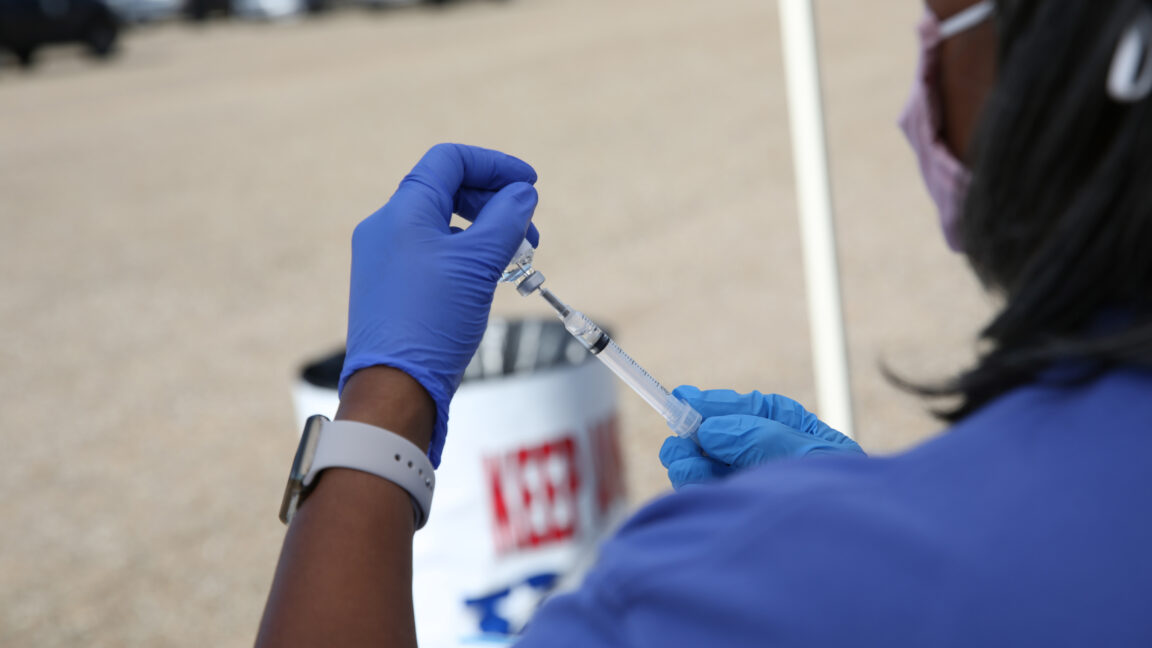'Adolescence' Lessons: How To Raise Boys in 2025

Parenting has always come with its challenges but raising boys in 2025 carries a unique weight.
Among the most pressing concerns is the rise of the "manosphere" – a network of online spaces promoting extreme versions of masculinity.
Following the release of Netflix's "Adolescence", a harrowing four-part series about a 13-year-old boy who murders his female classmate, many parents have been forced to confront a difficult reality: their sons' world views are now being shaped by algorithm-driven content that thrives on controversy and radicalization.










